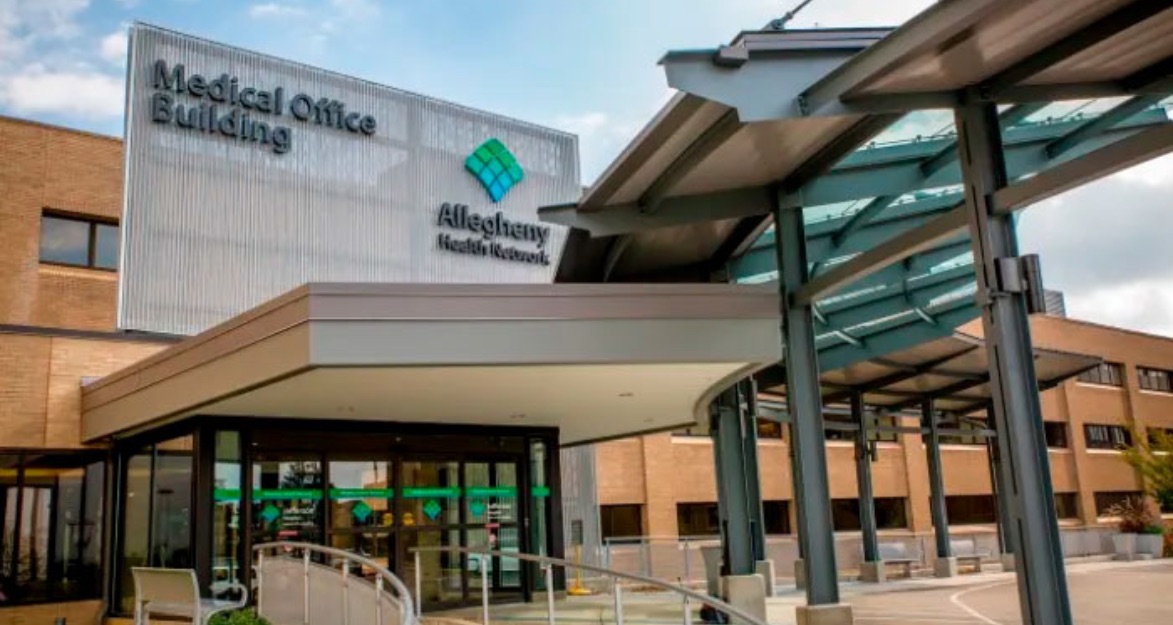Post-Surgery FAQs
Surgical Wound Aftercare
At Zitelli & Brodland, we are dedicated to patient satisfaction. Please use this page to reference our professional guidelines and advice when beginning your post-surgery care and routine. If you have any questions or concerns about your post-surgery care, please do not hesitate to contact us.
Post-Surgery Follow Up Appointments
Usually one return visit is all that is needed to examine the healed surgical site or to remove your surgical dressings. Afterwards, you may return to your referring physician for routine check-ups. Lifetime annual check ups are considered essential. After having one skin cancer, statistics show that you have a higher chance of developing a second skin cancer.
You should have your skin checked by your referring dermatologist at least once a year for four years not only to examine the treated skin cancer, but also to check for new skin cancers.
Post-Surgery: Protect Yourself
The best protection from skin cancer is to avoid the harmful ultraviolet rays of the sun. Even if you tan easily, the sun can contribute to skin cancer in two ways. First, the sunlight damages the genes that control cell growth, and second, sunlight damages the body’s immune system so that early cancers grow unchecked by normal immune defense. Minimize exposure by:
Using any sunscreen with a sun protection factor (SPF) of at least 30 and preferably with UVA/UVB protection when you spend any time in the sun. The most effective sunscreens have special stabilizers. These include Neutrogena with Helioplex, and those with Mexoral.
- Avoid sun exposure during mid-day hours (10 a.m. to 4 p.m.).
- Do not stay outdoors unprotected on cloudy days since the ultraviolet light penetrates easily through the clouds.
- If you follow this advice it may not be necessary to restrict your outdoor activities or change your lifestyle.
You can purchase sunscreen online by visiting the QualDerm Partners' online store. Convenient links below.
Caring For Your Skin Post-Surgery
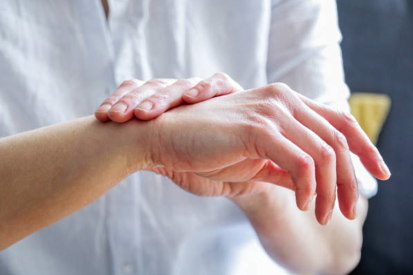
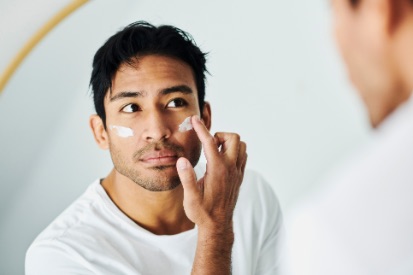
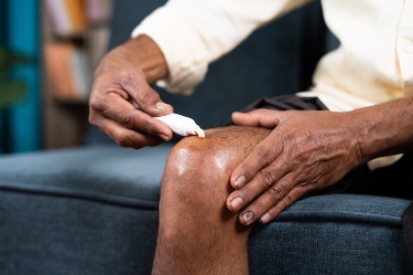
Post-Surgery FAQs
Swelling is normal after surgery. Most swelling will go away in two weeks. On wounds near the eyes, the swelling can come and go for a couple of months. Any surgery done on the forehead can also cause swelling under and around the eyes. The eyes can often swell completely shut. THIS IS NORMAL. When surgery is performed on or around the lips, this can also cause an exaggerated amount of swelling as well.
Yes, when performing skin cancer surgery on a lower leg, swelling is very common. This can last for weeks. You should elevate your leg as often as you can.
If you have a wound on the head/face you should elevate your head at night for 72 hours.
How to Care for Open Wounds Post-Surgery
- No strenuous activity for 48 hours
- No aspirin or other over the counter products that contain aspirin and other blood thinners for 48 hours. Take Tylenow or aspirin free pain relievers as needed for discomfort.
- Continue taking all prescribed medication
- Do not drink alcoholic beverages for 48 hours.
- Keep the pressure bandage in place for 24 hours. If the bandage becomes blood tinged or loose, reinforce it with gauze and tape
- Remove bandage in 24 hours and begin wound care as follows:
- Clean area with tap water using a Q-tip or gauze pad, (shower/bathe normally)
- Dry wound with Q-tip or gauze pad
- Apply Polysporin or Bacitracin Ointment with a Q-tip *Do NOT use Neosporin ointment*
- Cover the wound with a Band-Aid or nonstick gauze pad and paper tape
- Repeat wound care once a day until wound is completely healed
It is an old wives tale that a wound heals better when it is exposed to air and allowed to dry out. The wound will heal faster with a better cosmetic result if it is kept moist with ointment and covered with a bandage.
Supplies Needed:
- Q-tips or gauze pads
- Polysporin, or Bacitracin Ointment
- Band-Aids or nonstick gauze pads and paper tape
How to Care for Sutured Wounds Post-Surgery
If you have a sutured wound post-surgery, here are your aftercare instructions:
- No strenuous activity for 48 hours
- No aspirin or other over the counter products that contain aspirin and other blood thinners for 48 hours. Take Tylenol or aspirin free pain relievers as needed for discomfort.
- Continue taking all prescribed medication.
- Do not drink alcoholic beverages for 48 hours.
- Keep the pressure bandage in place for 24 hours. If the bandage becomes blood tinged or loose, reinforce it with gauze and tape.
- Remove bandage in 24 hours.
- Leave the flat bandage in place until your follow-up appointment.
- Keep the bandage dry. Wash around it carefully.
- If the tape becomes soiled or starts to come off, reinforce it with additional paper tape.
- Do not smoke for 3 weeks; smoking is detrimental to wound healing.
- If is normal to have swelling and bruising around the surgical site. The bruising will fade in approximately 10-14 days.
- Elevate the area to reduce swelling.
- Numbness, itchiness and sensitivity to temperature changes can occur after surgery and may take up to 18 months to normalize.
Possible Complications
Slight post-surgery complications may arise. Please note: severe pain or bleeding is NOT common. Call our offices immediately, or go to the nearest emergency room if these complications do not slow.
Bleeding:
- Leave the bandage in place
- Use rolled up gauze or a clean cloth to apply direct pressure over the bandage for 20 minutes.
- Reapply pressure for an additional 20 minutes if necessary
- Call the office or go to the nearest emergency room if pressure fails to stop the bleeding
- Use additional gauze and tape to reinforce bandage once the bleeding stopped.
Pain:
- Post operative pain should slowly get better, never worse.
- A severe increase in pain may indicate a problem. Call the office if this occurs.
Sunscreen Recommendations
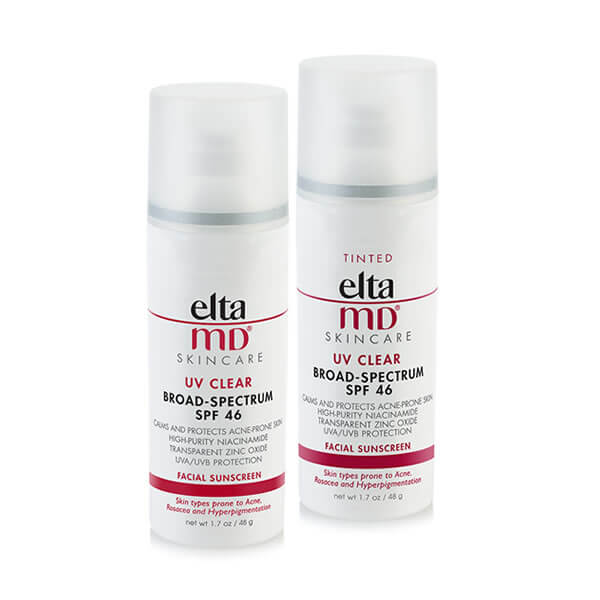
EltaMD UV Clear SPF 46 original
Oil-free EltaMD UV Clear helps calm and protect sensitive skin types prone to discoloration and breakouts associated to acne and rosacea. It contains niacinamide (vitamin B3), hyaluronic acid and lactic acid, ingredients that promote the appearance of healthy-looking skin. Very lightweight and silky, it may be worn with makeup or alone. Choose from tinted and untinted formulas for use every day. 1.7 oz / 48 g
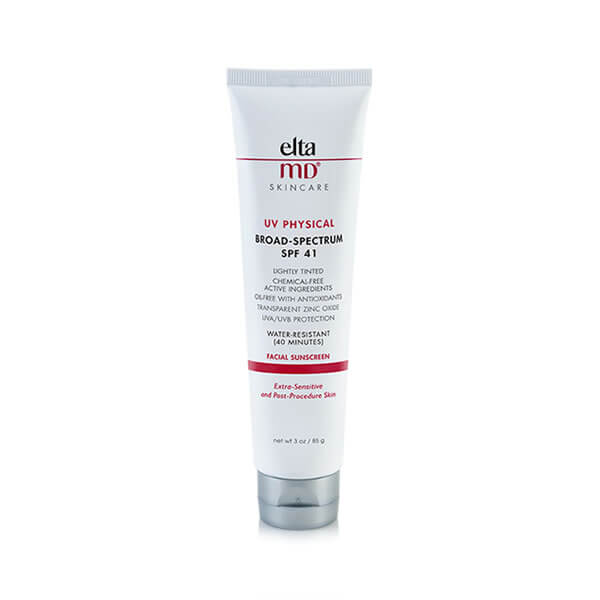
EltaMD UV Physical SPF 41
For oil-free sun protection with just a touch of color, EltaMD's lightly tinted UV Physical is a healthy choice. This chemical-free mineral sunscreen has antioxidants to neutralize free radicals. Water-resistant UV Physical withstands water, humidity and perspiration. 3 oz


